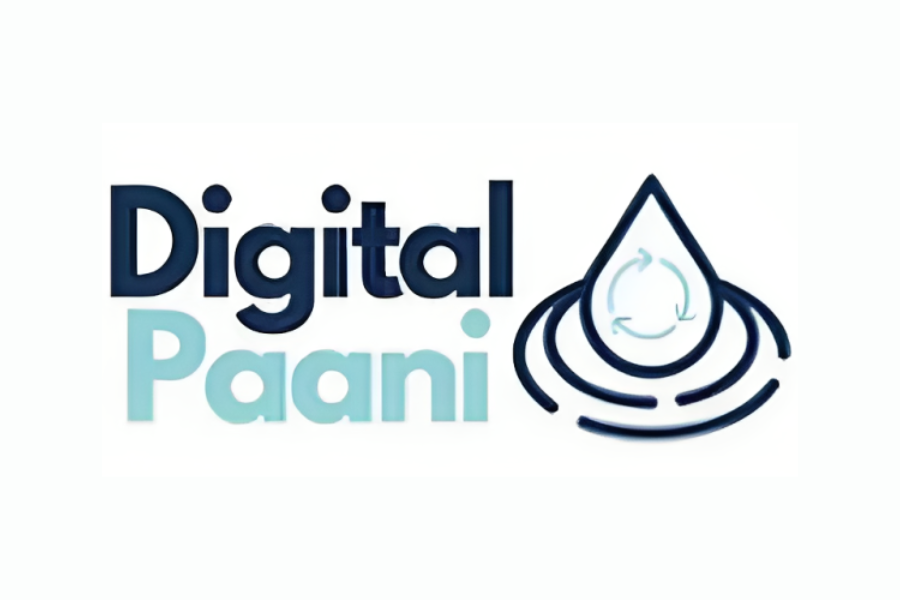.jpg)
What is Initial Public Offering (IPO): Meaning and Definition
Initial Public Offering is a unique technique of converting a private company into a public company by issuing its shares. The allotment of shares for the public grant the company to gather capital and an excellent chance for the general public to invest their money and earn returns on that particular.
Initially, a private company heightens with its initial investors, founders, and stakeholders. When a company has achieved a specific goal where the management realizes that they are stable enough to handle the SEC (Securities And Exchange Commission) regulations, growth, and desires to diversify using the general public's money, the company takes a decision to offer an Initial Public Offering. As a means, the stakeholdership of the company is recommended to the general public through shares.
About IPO - Primary & Secondary Market
- Primary Market
Primary Market is where the organization sells fresh stocks like an IPO. This is the first stage where the investors contribute to the company, and the company's equity capital is made by funds accumulated by trade stocks in the primary market. Private placement and preferential allotment are two separate ways in which stocks can be exchanged in the primary market after an IPO.
In private placement, the company can offer stock to investors like banks and hedge funds. This can be possible without making the shares available to the general public. In preferential allotment, the company can barter shares to select investors at a price that is not available in the market.
- Secondary Market
The Secondary Market is technically known as a stock exchange. A place where the stocks that have been already allocated in the primary market are resold and purchased by new people. A secondary market is a gathering where the investors trade among themselves.




